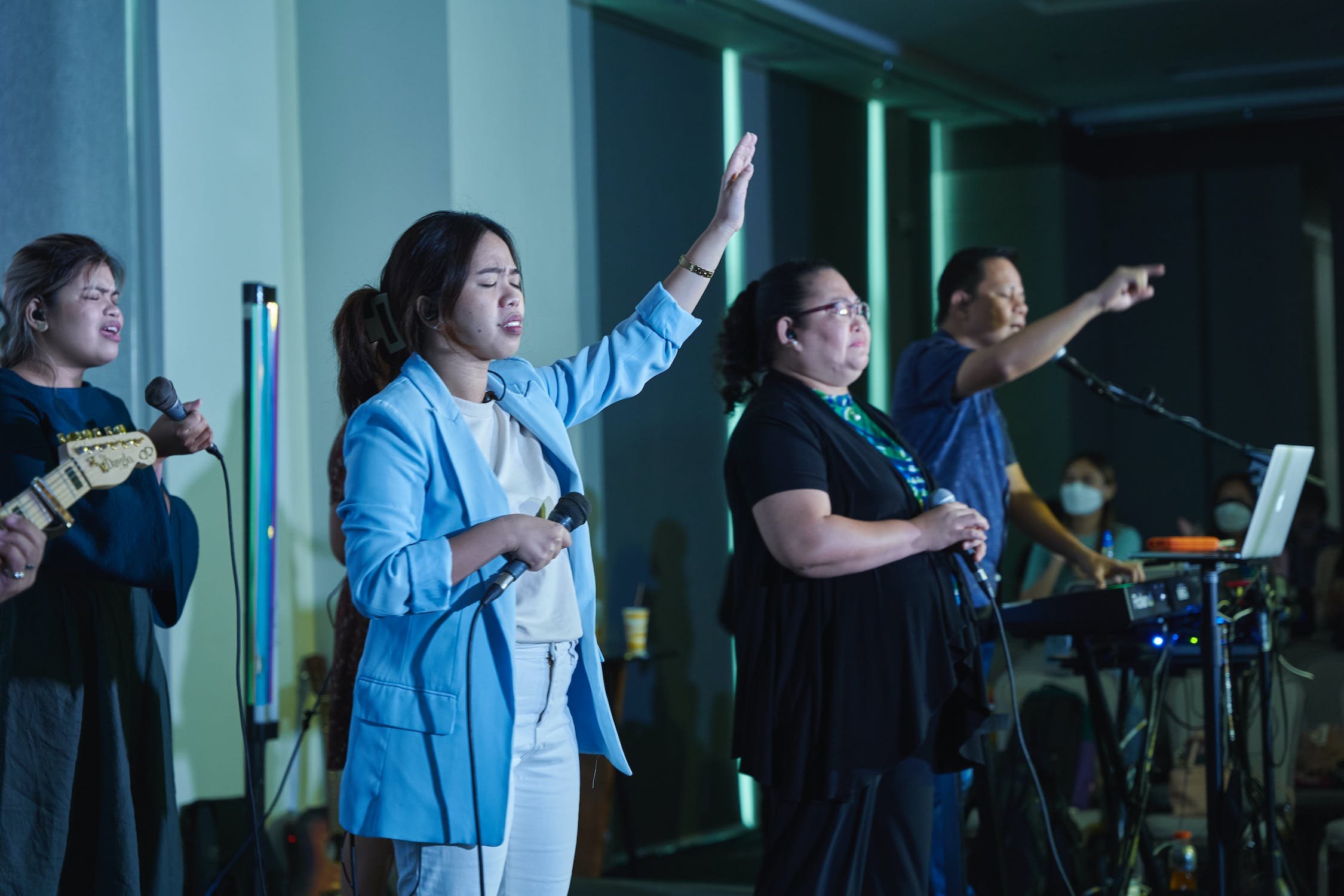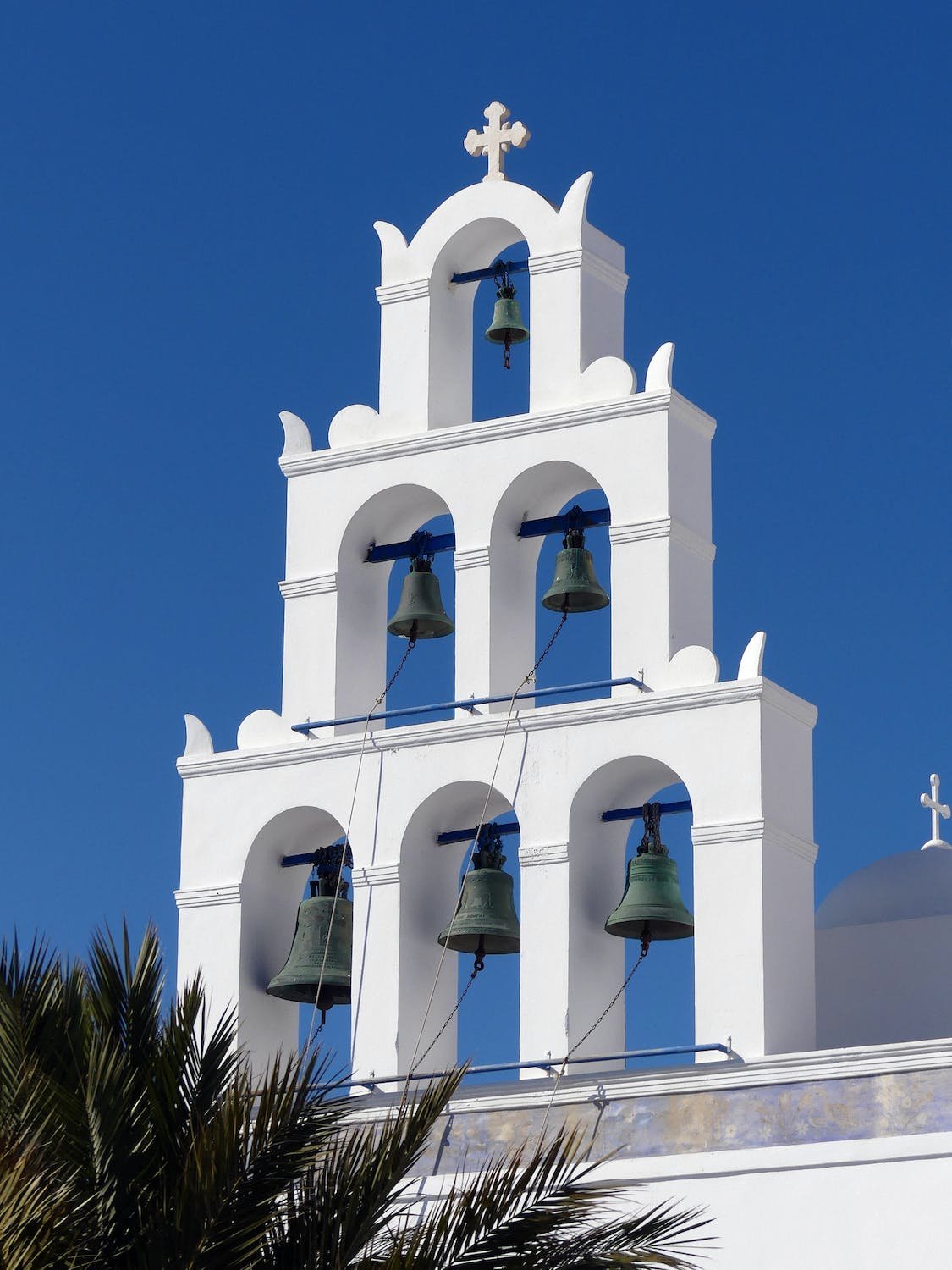NEWSLETTER by the rev. Lorenzo lebrija for church innovation insider, newsletter
TryTank has been working to create a new offering for the church: the Young Adult Ministry Trend Report. The monthly newsletter provides topical news, reliable data, and actionable insights for young adult ministry today
It launched this month! Why it matters: Most young people are not in church and have no interest in church. In this context, it is more important than ever to find effective ways of reaching them with the Good News of the Gospel.
Go deeper: Each month, our newsletter focuses on a theme as it connects to ongoing trends in the young adult population and explores what we know about it. We discuss how theology informs it and provide practical ways the church can respond to these trends.
To make sure the newsletter has the most up-to-date information, TryTank has partnered with YPulse, the self-described “leading authority on Gen Z and Millennials: today’s tweens, teens, college students, young adults, and young parents.”
What's next: Anyone can check out a sample edition of the Ministry Trend Report by visiting the subscription website, MinistryTrendReport.com
The free subscription includes a weekly data insight edition.
The monthly, in-depth report requires an annual paid subscription of $200. For a limited time, however, anyone can subscribe for the introductory price of $99.
SIGN UP FOR TRYTANK’S FREE NEWSLETTER HERE.








